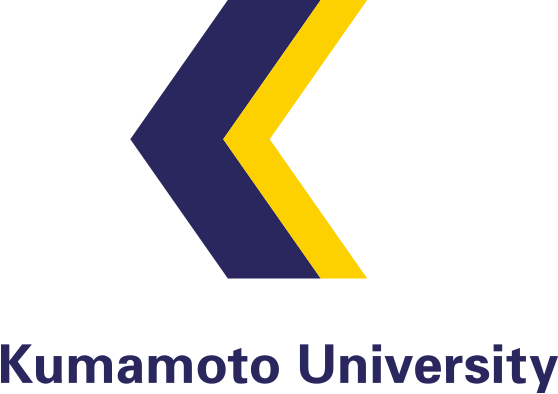KU and Super Worm Corp. Launched Joint Research to Develop Alternative Feed Resources and Biofuels for Sustainable Development

July 11, 2024 - Kumamoto University (KU) has signed a joint research agreement with Super Worm Corp. to explore the application of genome editing technology in enhancing the functionality of superworms (Zophobas morio).Regarding the development and application of worms, mealworms (Neatus picipes) have long been used as a protein resource for pet food and fishing bait. Over 100 start-ups and established companies are already producing mealworms. However, superworms, which are the larvae of the darkling beetle (Zophobas morio), are emerging as a promising alternative. These larvae typically measure 4 to 5 cm in length, with some growing over 6 cm, making them about 10 times larger than mealworms.
Superworms are gaining attention due to their rapid growth and impressive size, offering significant potential as a sustainable protein source. They are being recognized for their potential as high-protein feed ingredients and organic fertilizers, thanks to their substantial productivity. Furthermore, superworms are also being explored as raw materials for biomass and biofuels, highlighting the importance of ongoing research into their enhancement for sustainable development.

Size Comparison Between A Meal Worm and A Superworm
Despite these advantages, the widespread availability of superworms has been limited due to issues with cannibalism. Super Worm Corp. has addressed this challenge by developing and patenting an innovative cultivation technique that overcomes these issues, enabling large-scale production of superworms.
The joint research aims to breed superworms using genome editing technology to enhance production efficiency and increase the synthesis of valuable components such as proteins, fatty acids, and specific amino acids. Utilizing the CRISPR/Cas9 system, researchers will identify and edit genes to boost superworm growth rates and component synthesis capabilities. This research will help expand the use of superworms as a sustainable feed resource and alternative raw materials for biofuels.
Key focus areas include developing superworms with higher growth rates, shorter production cycles, and increased biomass. The project will also investigate the genome editing of superworms to produce more nutritious outputs, with enhanced efficiency in synthesizing proteins, omega-3 fatty acids, and essential amino acids. These advancements are expected to enable the sustainable use and value-added utilization of biological resources in the future.
Professor Shinichiro Sawa, Director of the International Research Center for Agricultural & Environmental Biology (IRCAEB), is leading the research team at KU. He commented, “Although KU does not have a Faculty of Agriculture, KU established the IRCAEB in 2021 to enhance its agricultural research and education. We have high expectations for our current collaboration with Super Worm Corp. By harnessing genome editing technology to enhance the functionality of superworms, and by combining KU's talent, resources, and experience, we are confident this will be a significant step towards the sustainable supply of food resources and biofuels.”
KU and Super Worm Corp. hope to contribute to building a sustainable society through this advanced research.
About Super Worm Corp.:
Location: 1554-5 Chausubaru, Saito, Miyazaki Prefecture
CEO: Yutaro Koga
Business Description: Manufacturing and sales of insect-derived proteins and biofuels
Website: https://superworm.jp/
Recruitment: https://www.wantedly.com/projects/1748650 (R&D)
